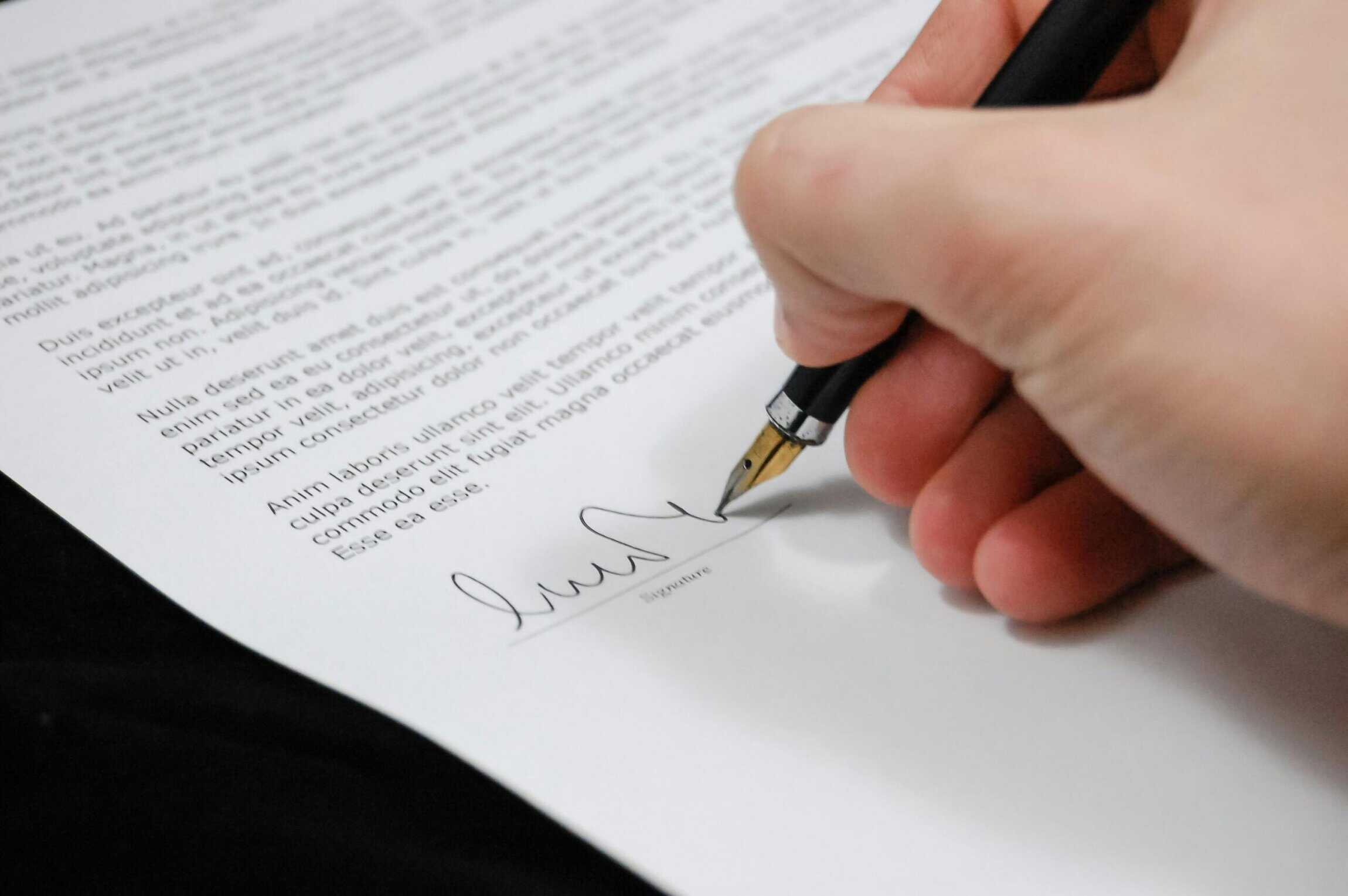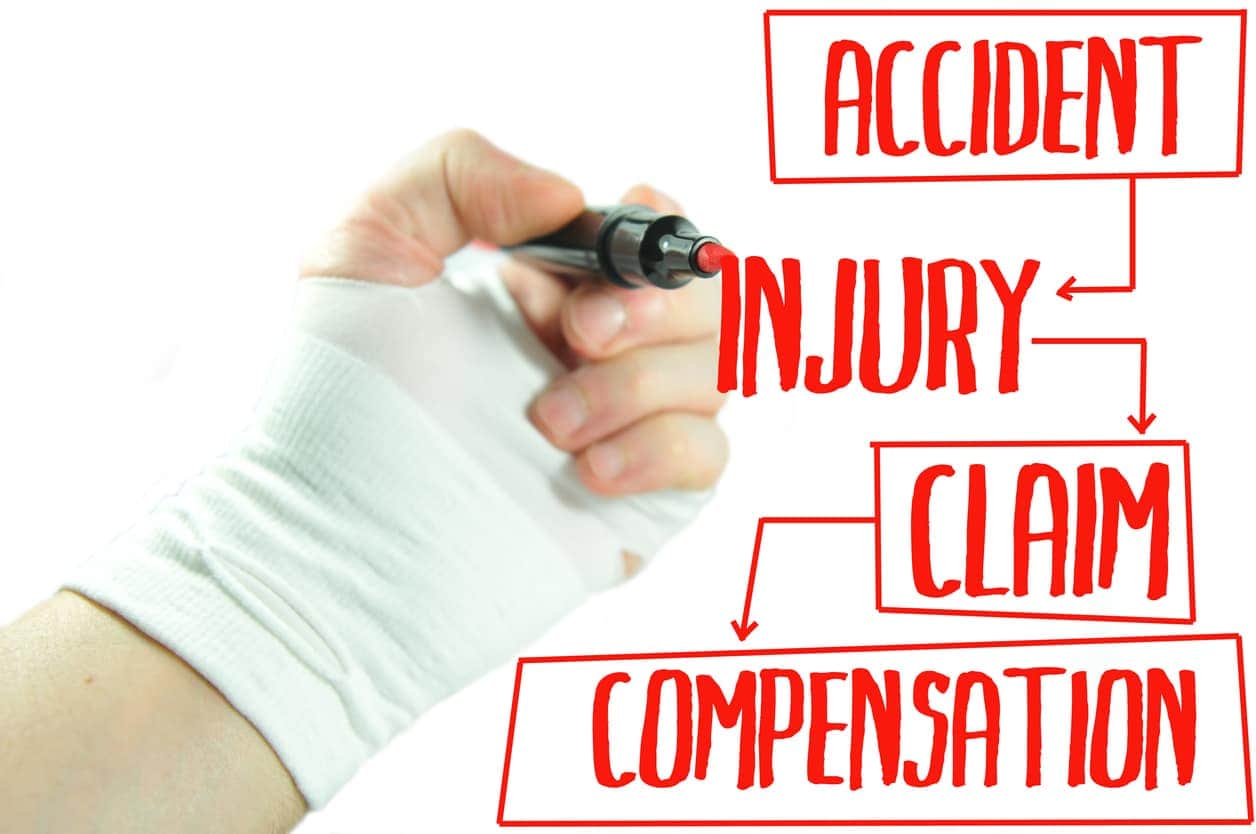A sudden heart attack or stroke at work is frightening and disruptive. Medical care comes first, then legal questions arrive quickly, including the one many people search for: can I get workers’ comp for a heart attack in Virginia?
The answer is sometimes, and your path depends on Virginia law, your medical documentation, and whether you are a public safety employee who may qualify for a statutory presumption. This guide explains how the Virginia Workers Compensation Act classifies cardiac and cerebrovascular events, how to prove a workers compensation claim, and which compensation benefits an injured worker can receive.
Can I Get Workers’ Comp for a Heart Attack in Virginia?
The short answer is sometimes. A cardiac or stroke event can be covered under the Virginia Workers Compensation system when either of two legal routes applies. You can prove an injury by accident that occurred at a reasonably definite time, or you can meet the stricter ordinary disease of life standard with clear and convincing evidence. Certain first responders may invoke a rebuttable presumption for heart disease or hypertension. The outcome turns on facts and medical opinions.
The Three Legal Paths to a Successful Claim
Virginia recognizes two primary ways to treat heart attacks and strokes as a work related injury under the Virginia Workers Compensation Act.
- Injury by accident. You suffered an identifiable incident at work that immediately produced symptoms. Example: while performing heavy job duties at a precise time and place, you experienced crushing chest pain and collapsed. A physician links the incident to the heart attack. This is a very difficult theory of liability to prove.
- Ordinary disease of life (ODL). Most heart conditions are ordinary diseases, similar to how carpal tunnel syndrome is often analyzed. To be compensable, the disease must be proven by clear and convincing evidence to arise out of employment and not from causes outside work. Your doctor should explain how conditions in your work environment were characteristic of your job and why other factors are less likely causes.
- Statutory Presumption for First Responders. Firefighters, police officers, sheriffs’ deputies, and certain EMS personnel may qualify for a rebuttable presumption that heart disease or hypertension is work related if statutory conditions are met.
Which Path Fits Your Facts
| Scenario | Best legal theory | Proof focus | Notes |
| Sudden collapse while lifting, precise time and place | Injury by accident | Incident timeline, task details, immediate symptoms, ER records | Pin down time and location |
| Gradual symptoms with no single trigger | ODL | Doctor narrative, rule‑out of non‑work causes, job‑specific exposures | Address family history and lifestyle |
| Police officer or firefighter with disabling hypertension | Presumption | Eligibility, baseline physical, disability, employer’s rebuttal | Plead presumption and accident or ODL in the alternative |
Path 1: Proving Injury by Accident for Cardiac or Stroke Events
When a cardiac or stroke event is tied to a single work incident, precision in proving the facts becomes essential. The process begins with clearly identifying the incident itself: the specific task being performed, the exact time and location, and the immediate physical symptoms that followed.
For instance, if at 10:15 a.m. you were lifting 80-pound materials and suddenly experienced chest pain, shortness of breath, and collapse, those details must be recorded with accuracy. Building a timeline is the next step, connecting 911 call logs, AED downloads, ECG timestamps, and the moment of diagnosis directly to your work activities.
Medical opinions are also vital; cardiology or neurology specialists should state in probability-based terms that the work incident likely caused or significantly contributed to the event. Finally, supporting documentation strengthens the case—incident reports, witness statements, CAD logs, security footage, and job tickets serve as critical anchors to demonstrate the connection before the Virginia Workers’ Compensation Commission.
Path 2: Proving an Ordinary Disease of Life
When no single trigger exists, focus on exposures and medical reasoning.
- Burden of proof. You must show by clear and convincing evidence that the disease arose out of employment and not from causes outside work. This is higher than the normal accident standard in the workers compensation system.
- Doctor’s narrative. Your physician should explain the diagnosis and mechanism. For heart attacks, that may include plaque rupture, decreased blood supply to heart blood vessels, or arrhythmia. For strokes, that may include thrombotic or embolic events. The letter should explain how job conditions, such as heat, heavy PPE, repeated high‑adrenaline calls, or extended shifts, probably caused or accelerated the event.
- Address pre-existing condition factors. Many employees have health conditions such as high blood pressure, cholesterol issues, or family history. Your medical records and doctor’s reasoning should directly address these other factors and explain why work remained the primary cause.
Path 3: Public Safety Presumption Under Virginia Law
Firefighters, police officers, sheriffs’ deputies, and certain EMS personnel may qualify for a rebuttable presumption that heart disease or hypertension is work related if statutory conditions are met. Eligibility normally requires five or more years of service and a baseline physical showing the worker was free of heart disease or high blood pressure at the start of service. If the presumption applies, the employer or the employer’s insurance company must overcome it with competent evidence. Even with the presumption, claimants should preserve accident and ODL arguments.
Evidence Playbook: What Persuades the Commission
Turn your workers compensation case into a clear, well‑documented narrative.
- Immediate medical care. ER notes, troponin trends, ECGs, CT or MRI timestamps, discharge summaries, and follow‑up cardiology or neurology notes.
- Work records. Timecards, overtime logs, call sheets, dispatch CAD, detailed descriptions of job duties, environmental heat index, PPE weight, and exertion details.
- Witness statements. Supervisors and co‑workers who observed onset, exertion, or environmental stressors.
- Expert opinions. Cardiology or neurology narratives that use probability language and rule out stronger non‑work causes.
- Consistency. Align your history across the insurance company forms, the employer report, and medical intake notes.
What Benefits You May Receive if Your Claim is Accepted
Approved claims unlock several workers compensation benefits for an injured employee.
- Medical care. Authorized cardiology or neurology treatment, prescriptions, cardiac rehab or therapy, and necessary equipment, with covered medical expenses paid by the employer’s insurance company.
- Wage replacement and disability. Temporary total disability when you cannot work, and temporary partial disability when you return with restrictions and earn less. These benefits replace a percentage of lost wages during recovery.
- Permanent partial disability. If you reach Maximum Medical Improvement and have a rateable impairment, scheduled benefits may be available.
- Mileage and prescriptions. Reimbursement for reasonable travel to medical appointments and for covered medications.
- Death benefits. In fatal cases, eligible dependents may obtain death benefits and funeral costs under Virginia law.
Deadlines and Notices Under the Virginia Workers Compensation Act
Timely filing protects your rights in a workers compensation claim.
- Accident claims. Report to your employer as soon as possible, in writing, and within 30 days, then file a Claim for Benefits within 2 years of the incident with the Virginia Workers Compensation Commission.
- Occupational disease claims. Provide written notice within 30 days of diagnosis, and file within 2 years of the first communicated diagnosis. Cite the applicable Virginia Code sections in your filing when possible.
- Documentation. Keep stamped copies of your filings, award orders, and correspondence with the insurance company.
Heart Attack or Stroke at Work in Virginia: Your Workers’ Comp Next Steps
If you faced a cardiac or stroke event connected to your job, Renfro & Renfro can evaluate which legal path fits and help you gather the medical documentation the Commission expects.
Our workers compensation attorney team builds timelines, follows your medical care, and protects your workers compensation case deadlines so you can focus on recovery. For guidance specific to your situation, contact Renfro & Renfro to discuss your case.
FAQs
Is a stroke covered by workers’ comp in Virginia?
Sometimes. Coverage depends on whether the stroke is tied to a specific incident at work or qualifies as an ordinary disease of life with clear and convincing evidence.
Do I need to prove unusual exertion for a heart attack claim?
Not always. What you must show is a work incident at a definite time that caused the heart attack, or meet the ordinary disease standard with strong medical proof that work was the primary cause.
What if I have a pre existing condition like high blood pressure?
Pre existing conditions do not automatically defeat a claim. Your doctor should explain how work likely caused, aggravated, or accelerated your event and address non‑work risk factors directly.
How does the presumption work for first responders?
If you meet statutory criteria, heart disease or hypertension is presumed work related unless the employer proves otherwise. Preserve accident and ODL arguments as alternatives.
How long do I have to report and file?
Accident claims must be reported within 30 days and filed within 2 years. Certain occupational diseases have longer filing times.






